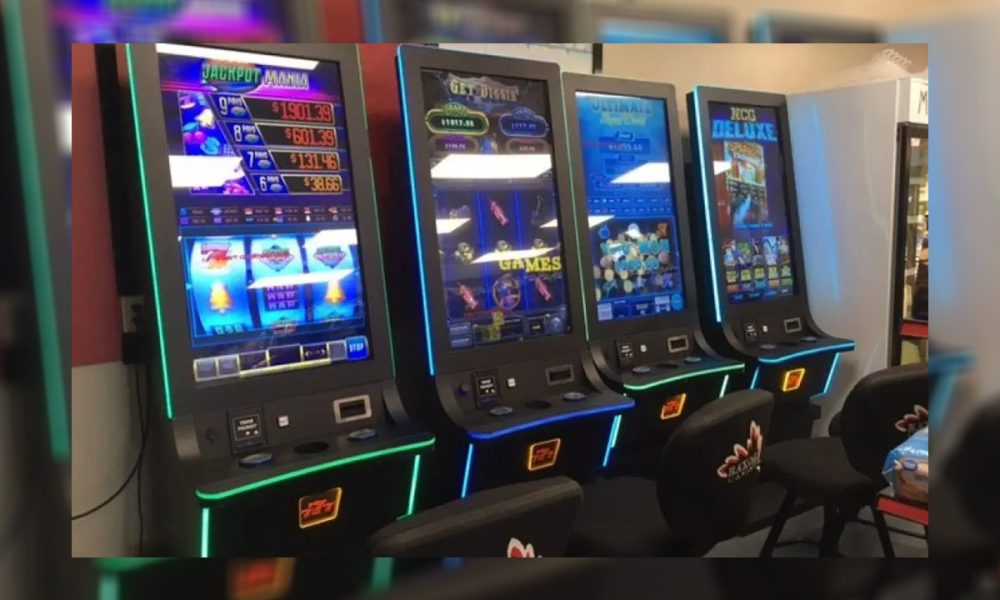Michigan Gaming Control Board Rejects Recent Claims Regarding Skill Games

The Michigan Gaming Control Board (MGCB) has refuted recent assertions questioning the legitimacy of its efforts to protect citizens by combating illegal gambling within the state, particularly in relation to the rise of casino-style electronic gaming machines that self-identify as “skill games.”
In recent years, there has been a notable increase in the presence of electronic gaming machines in bars and restaurants across Michigan. The suppliers of these machines misleadingly contend that the games include an element of skill and are therefore exempt from Michigan’s gambling prohibitions. Specifically, they claim that the games qualify as “redemption games” under MCL 750.310b, which allows a limited and very narrow exception to Michigan’s gambling prohibitions.
“As the regulatory authority overseeing the three Detroit commercial casinos and online gaming in Michigan, the MGCB is committed to upholding the integrity of the state’s gambling regulations and ensuring a fair and responsible gaming environment for all citizens. It is essential to clarify that these casino-style electronic gaming machines are not exempt from Michigan’s penal code, and individuals operating or utilizing them are subject to enforcement actions by the state,” MGCB Executive Director Henry Williams said.
Ongoing investigations by the MGCB have consistently established that the operation of these games does not comply with the strict requirements of MCL 750.310b because these games operate in a manner that is identical to a slot machine, whereby winning depends primarily upon fortuitous or accidental circumstances beyond the control of the player. Patterns observed with the illegal use of casino-style electronic gaming machines have included the use of cash as prizes, issuance of Visa gift cards, and false claims of legality and/or state authorization. Operations of these unregulated gaming machines put citizens at risk — because they have no recourse should they be misled, cheated, or otherwise taken advantage of — and results in a loss of state revenue, depriving Michigan citizens of taxes and revenue used to support schools through the School Aid Fund and communities and local governments with essential state funding dollars.
Comprehensive joint investigations conducted by the MGCB and the Michigan Attorney General’s Office in the past five years have resulted in 29 individuals being convicted of 27 felonies and 16 misdemeanors. These investigations have also resulted in 436 illegal machines seized, along with $176,001.69 in cash and $15,415 in Visa, MasterCard, and/or Simon gift cards.
“The public is being misled when told that skill and gift cards equate to the legality of a machine. What is being ignored is that the machines in question have been played and/or examined by investigators and determined to be casino-style slot machines for which winning depends on chance. And by law they do not qualify as a redemption game exception to the penal code. The mere use of a gift card as a prize does not render the machine legal,” ,” Williams said.
Unregulated machines used illegally lack the necessary consumer safeguards that licensed and regulated establishments provide, leaving the individuals who use them susceptible to unfair practices. More importantly, they offer no player protections and do not allow patrons to influence game outcomes through skill or strategy. This lack of oversight poses significant risks, particularly when minors can access these machines, potentially increasing the likelihood of future gambling problems among youth.
“The presence of unregulated casino-style electronic gaming machines in restaurants and small businesses risks grooming minors for gambling at an early age. This can have damaging consequences on their future well-being, potentially desensitizing them to the negative impacts of gambling, leading to addiction and financial problems later in life. Kids don’t need access or exposure to slot machines when they go out to enjoy a burger and fries or a pizza. If it’s not on the menu, it should not be available,” Williams added.
The MGCB has provided businesses with educational materials to ensure that any machine they are considering having in their business complies with Michigan law. Additionally, these materials have been uploaded to the MGCB website for public consumption. But the MGCB’s efforts continue to be undermined by the repeated spreading of misinformation, causing the illegal use of these machines to expand across Michigan.
The MGCB has also made it clear that it is not hindering local business owners’ ability to increase profits. Businesses engaged in the use of these machines are committing criminal acts with false assurances that their conduct is legal. In cases where investigations into casino-style slot machines have taken place at bars and restaurants, each of the affected business owner(s) were served adequate, advance warning that they were not in compliance with the law by way of cease-and-desist letters that provided them an opportunity to comply before enforcement action, including criminal charges, was taken.
“The MGCB encourages business owners to contact the agency should they have any questions on whether a gaming machine they have in their establishment complies with the law. Our goal is education and compliance. Any suggestion otherwise is simply not true,” Williams said.







